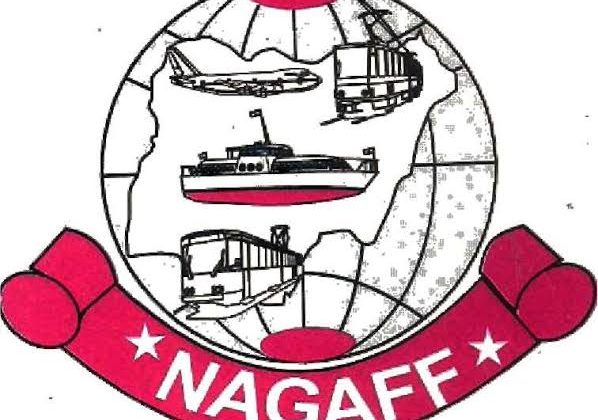The National Association of Government Approved Freight Forwarders (NAGAFF) has called on its members to demonstrate stronger accountability and increase investment in Nigeria’s maritime industry, describing it as a critical pathway to the nation’s economic growth and service delivery within the logistics ecosystem.
This charge was delivered by NAGAFF President, Chief Tochukwu Ezisi, during the association’s National Executive Council (NEC) meeting held at its headquarters in Apapa, Lagos, on Monday. The meeting, which was held under the theme “A New Chapter, A Renewed Commitment,” provided an opportunity for stakeholders to reflect on the association’s achievements and chart a course for the future.
Ezisi, while addressing the gathering, acknowledged the progress NAGAFF has made in navigating economic and regulatory challenges within the marine and blue economy sector. He applauded the association’s efforts in advocacy, professional training, and active engagement with regulatory agencies, but warned that internal shortcomings could derail long-term goals if not addressed urgently.
He specifically raised concerns over what he described as a noticeable lack of “robust investment” and commitment from some chapter executives, which he said is gradually breeding apathy and disengagement among members. According to him, the vitality and sustainability of the association are directly tied to the financial contributions and active involvement of its chapters and members across the federation.
Ezisi maintained that the association must rise to the challenge of repositioning itself for relevance in a dynamic industry environment, stating, “Without financial dedication and strategic participation, our ability to deliver value to members and stakeholders will be severely limited.”
Also speaking at the NEC meeting, former NAGAFF President and Head of Research at the Sea Empowerment and Research Centre, Dr. Eugene Nweke, underscored the need for the association to adapt to emerging global trends shaping the freight forwarding industry. He pointed out that the sector is currently experiencing transformation due to rapid technological advancement, evolving trade policies, and shifts in consumer expectations.
Nweke urged the association to take bold steps in redefining its vision and aligning its objectives with current industry realities. According to him, for NAGAFF to experience sustainable growth, it must commit to long-term strategic planning, develop a forward-looking leadership structure, and foster a culture of innovation and adaptation to new technologies.
He further advised that the association must prioritise building solid relationships with stakeholders in both the public and private sectors while also strengthening internal structures through clear goal-setting, targeted risk management strategies, and capacity building.
“Professional development must remain at the forefront of NAGAFF’s agenda. Ongoing training, investment in digital tools, and embracing industry best practices are necessary to maintain competitiveness,” Nweke said.
He also recommended the implementation of international collaboration initiatives, including skills exchange programmes, and leveraging ICT tools to drive operational efficiency.
The meeting concluded with a shared consensus that NAGAFF must not only protect the interests of freight forwarders but also play a leading role in shaping the future of Nigeria’s maritime and logistics landscape. Members were urged to rise to the occasion and match advocacy with tangible investment and strategic foresight.

